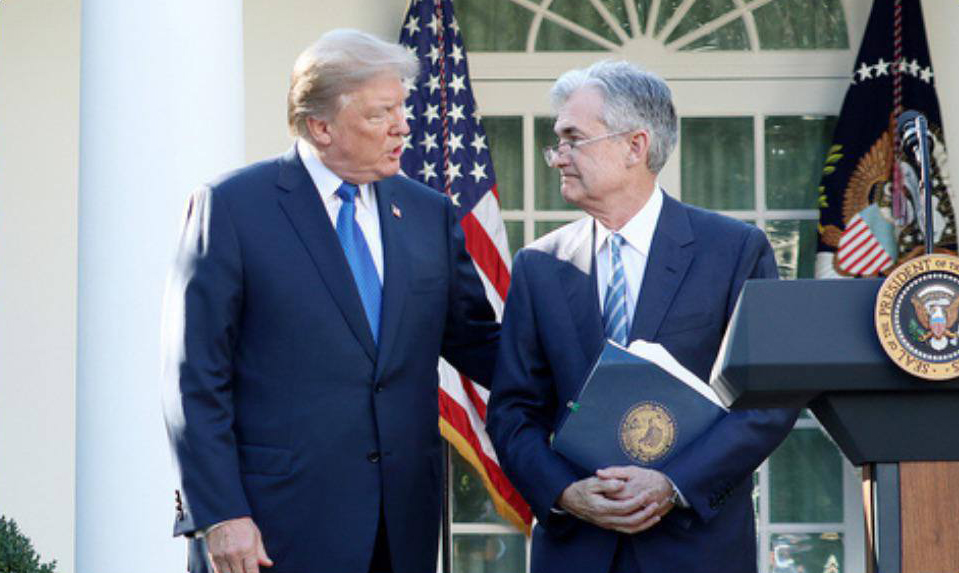Who makes the decision on raising or lowering interest rates? Trump or Powell?
The market is abuzz with rumors that Trump is dissatisfied with the Federal Reserve's monetary policy, and Chair Powell has instantly become the center of attention.
Here comes the question: Will the Federal Reserve immediately cut interest rates if the chairperson is replaced?
How independent is the Federal Reserve?
Although the Federal Reserve (Fed) is part of the government system, its design concept is to "operate independently" and avoid political interference in monetary policy.
Its main missions include:
Maintain price stability
Promote full employment
The decision-making power is held by the Federal Open Market Committee (FOMC), whose members include board members and presidents of regional Federal Reserve banks.
The key point is that the policy direction is the result of collective discussion and will not immediately "turn 180 degrees" because of one person.
Can the president replace the chairperson at any time?
Answer: Not easy.
The right to nominate: The president can indeed nominate the chairperson, but it must be confirmed by the Senate.
Term guarantee: The term of office for the chairperson is usually four years, and there is no explicit regulation that the president can be replaced at any time. In the history of the United States, no president has ever successfully dismissed the chairperson of the Federal Reserve during his tenure.
The president's influence is more often derived from political pressure, such as making public statements or using public opinion to influence the market, but this is "pressure" rather than "instruction".
The institutional design deliberately extends the term of office: the chairperson's term is four years, and that of the directors is as long as 14 years. The aim is to prevent significant policy swings caused by the change of political parties.
Can interest rates be cut immediately just by changing the chairperson?
Not necessarily. There are three reasons:
FOMC collective decision-making: Policies are not decided by the chairperson alone.
Market stability: A sharp shift can undermine confidence.
Data-driven: Ultimately based on economic data rather than political will.
Even if a new chairperson is appointed, policies still need time to be evaluated and may not change immediately.
Why emphasize independence?
The independence of the central bank is precisely to prevent short-term political interests from overriding economic laws.
Historical lesson: In the 1970s in the United States, due to political intervention in monetary policy, inflation got out of control and the economic cost was extremely high.
Maintaining independence is an important guarantee for avoiding "liquidity injection in an election year" and maintaining market stability.
Changing the chairperson does not mean an immediate interest rate cut; data is the ultimate decision-maker.
The market, however, is extremely sensitive to rumors. Just one piece of news is enough for the gold price to break through the threshold.
Previous Article Next Article


 Whatsapp
Whatsapp Telegram
Telegram
